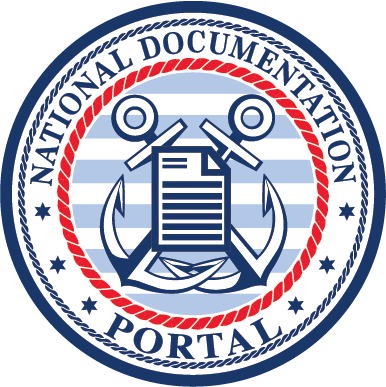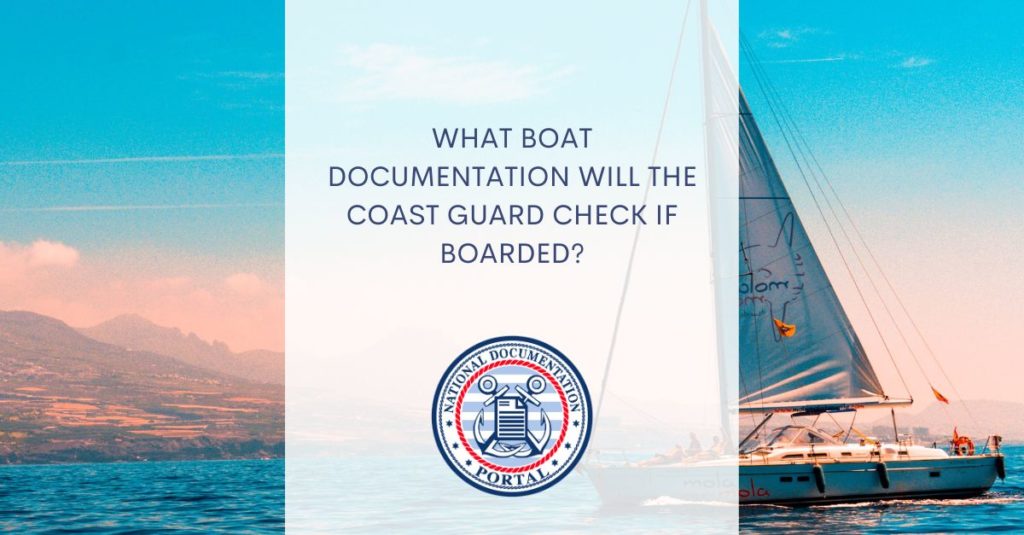If you own a boat for any extended period of time, it is very likely that you are going to be stopped by the coast guard or local marine patrol at least once or twice over the course of your experience, even for something as insignificant and low scale as a routine equipment check. Though 99% of these routine stops go by without any hitches or obstacles at all, it is always best to make sure that you are ready for a visit, no matter what you are doing and no matter how ‘by the law’ you assume everything is!
Some documentation needs to be displayed on the vessel while others need to be available on request. Here is a list of what kinds of boat documentation you can expect to be checked if you ever get boarded by the coast guard.
Numbering And Registration
In the same way that you can’t drive a car without a license plate, current sticker and registration, your vessel must always be properly numbered and registered. It is a legal requirement for all mechanically powered vessels, all vessels that operate on navigable federal waters, and vessels that travel on the high seas to have their registration and certificate of number on board and ready for inspection.
The numbers must be visible and affixed in a forward part of both the port and starboard sides. Block letters are required rather than a script, and the number needs to be a minimum of three inches in height in a contrasting color to the hull. There needs to be clear spaces or hyphens between the numbers and letters.
Hull Identification Number
Your vessel also needs to have a Hull Identification Number (HIN), which is a 12-digit serial number that is an indicator of the boat manufacturer, its serial number, and the month and year of its production. This is the number that you use to register the boat, and how others identify it if they so need it. The hull number is most generally located on the upper right portion of the vessel’s transom
Documentation
If the vessel fits the criteria, a boat should be registered. Registering the boat has several advantages, the primary one being that you have a paper trail that establishes ownership.
Every new or potential boat owner needs to be familiar with their obligations regarding boat registration and pursue the correct course of action because certain criteria fall under federal law. Do not fall foul of the law by not complying with mandatory requirements.
Every piece of boat documentation you need as an owner can be found online at the National Documentation Portal. Feel free to contact one of the experienced team members and they will be more than happy to help you with any specific problems that you might have regarding the paperwork for your vessel.


